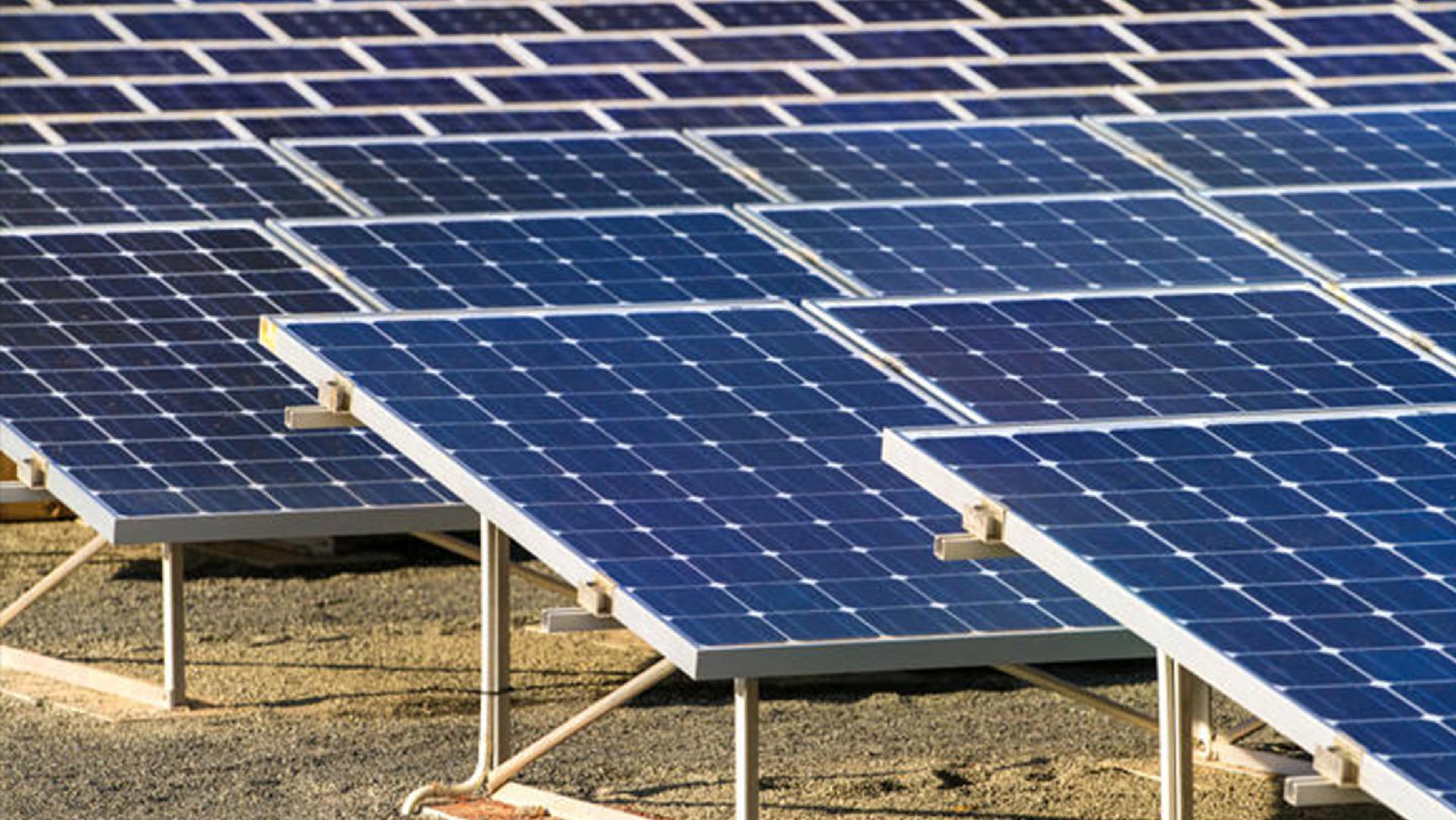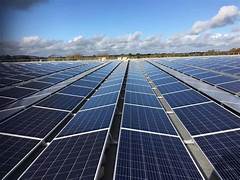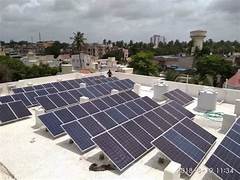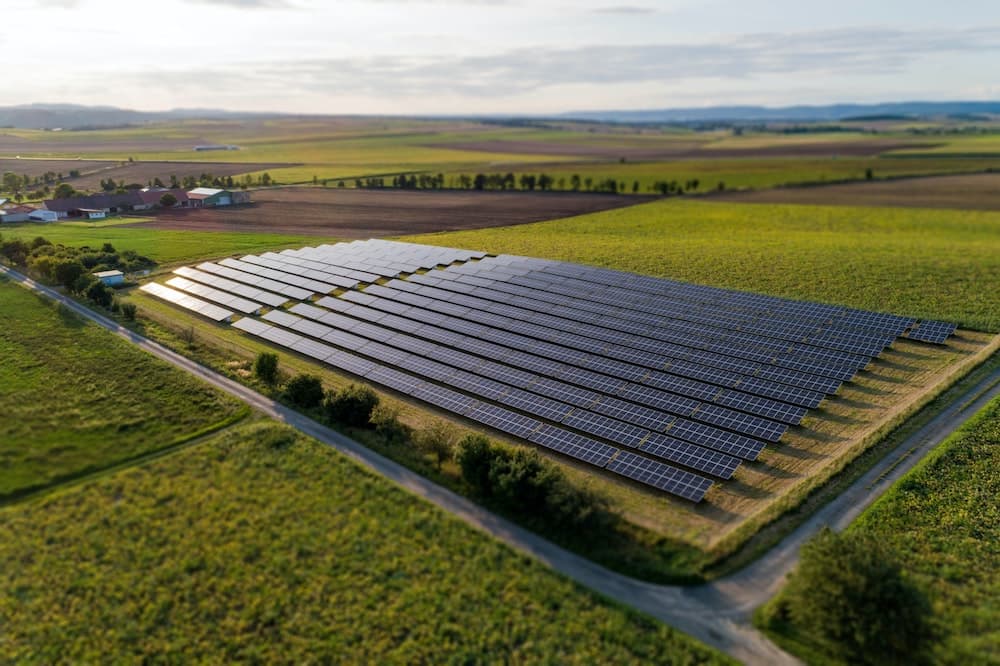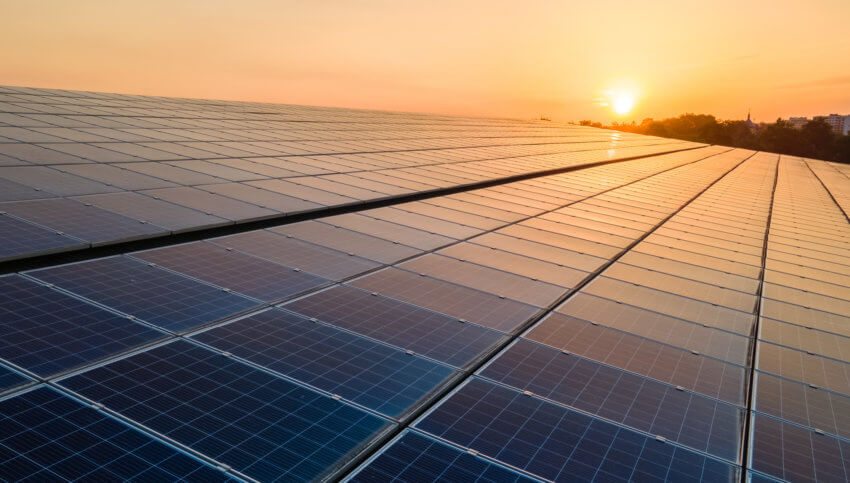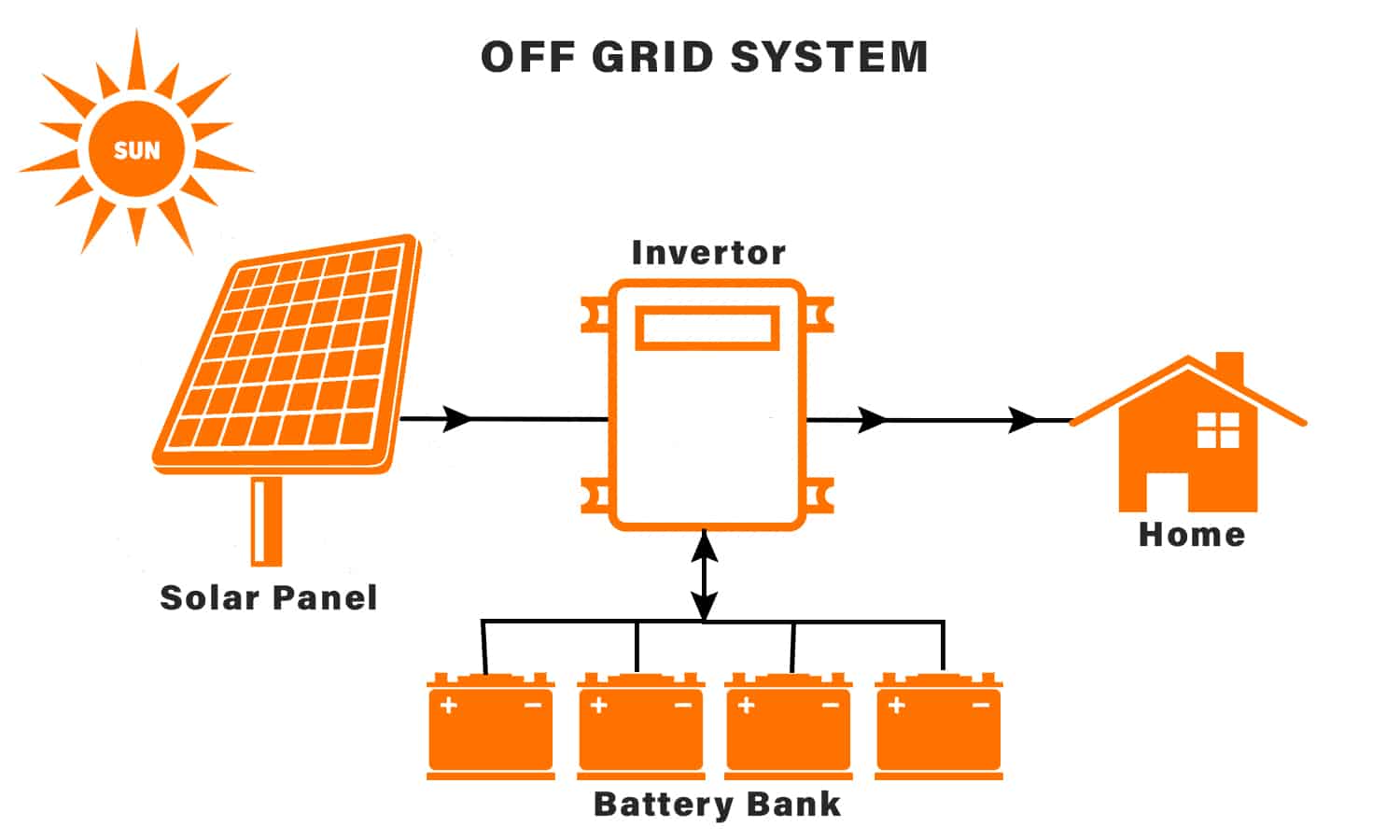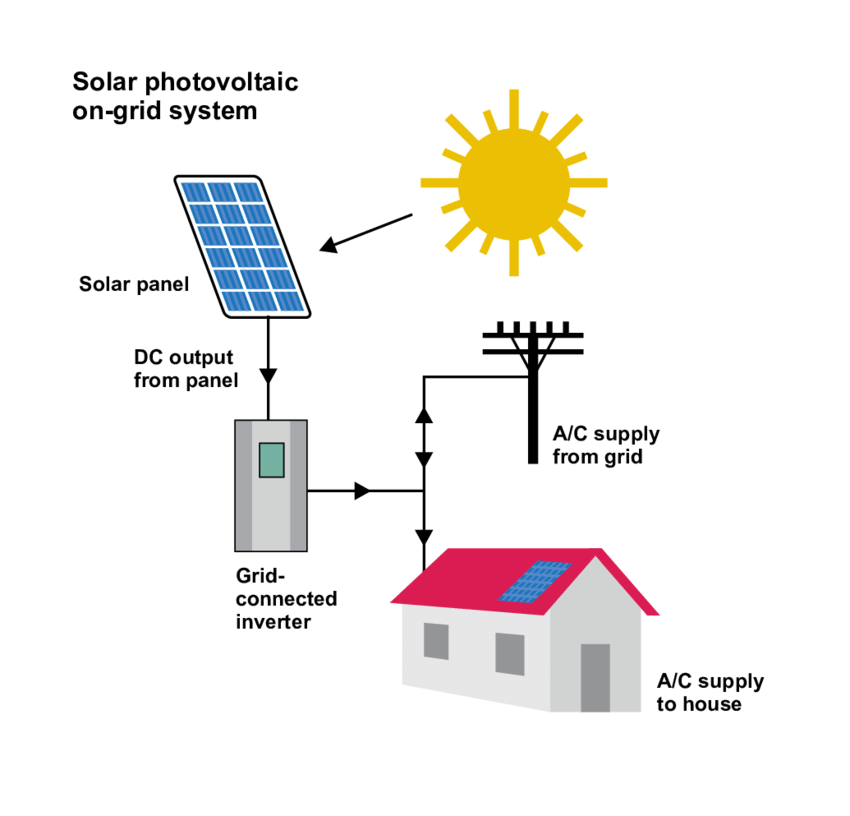How to Choose the Right Solar Panel?

Choosing the right solar panel for your needs is crucial for ensuring optimal performance, efficiency, and cost-effectiveness. Here’s a guide on how to choose the right solar panel based on various factors: 1. Types of Solar Panels There are primarily three types of solar panels, each with its own characteristics: a. Monocrystalline Solar Panels Efficiency: Monocrystalline panels have the highest efficiency (typically 18-22%) because they are made from high-quality silicon. Pros: They have a long lifespan (25+ years), offer high efficiency, and perform well in limited space. Cons: They are generally more expensive than other types. Best for: Homes with limited roof space or areas with high energy demands. b. Polycrystalline Solar Panels Efficiency: Slightly lower efficiency (typically 15-17%) than monocrystalline panels, but they are still efficient. Pros: They are more affordable than monocrystalline panels and still provide good performance. Cons: Slightly lower efficiency, meaning you may need more panels for the same energy output. Best for: Larger spaces where the cost is a primary factor. c. Thin-Film Solar Panels Efficiency: Thin-film panels have lower efficiency (around 10-12%), making them less commonly used for residential applications. Pros: Flexible and lightweight, easier to install, and often cheaper. Cons: Require a lot of space to generate the same amount of power as crystalline panels. Best for: Large roofs or commercial installations where space is not a concern. 2. Panel Efficiency Efficiency refers to how much sunlight the panel can convert into usable electricity. A higher-efficiency panel produces more power for the same amount of sunlight, which is especially important if you have limited space or want to maximize energy production. Monocrystalline panels generally have the highest efficiency and are ideal for homes with limited roof space. If you have ample roof space, polycrystalline or thin-film panels can be a more affordable option. 3. Power Output The power output of solar panels is measured in watts (W). Residential panels typically range from 250W to 400W per panel, depending on their efficiency and size. Higher wattage panels are more efficient, meaning fewer panels are needed to meet your energy needs. For larger systems (like those for commercial or industrial use), higher wattage panels are more cost-effective in terms of space and installation. 4. Durability & Lifespan Solar panels are a long-term investment, so you want to make sure they will last for decades. Most panels have a lifespan of 25-30 years, but some factors affect their durability: Warranty: Look for panels with warranties of 20-25 years to ensure long-term reliability. Build Quality: Premium panels, like monocrystalline, tend to be more durable, especially when it comes to harsh weather conditions. 5. Cost & Financial Considerations Solar panels represent an upfront investment, but they save you money on electricity bills in the long run. Here are some cost-related considerations: Cost per Watt: Compare prices per watt (e.g., ₹30-₹50 per watt in India) for different panel brands and types. Incentives and Subsidies: The Indian government offers subsidies for solar installations, so consider this when calculating the total cost. Installation Costs: In addition to panel costs, factor in the cost of inverters, battery storage (if applicable), and installation. 6. Climate & Environmental Conditions Different panels perform better in different climates: Hot Climates: Monocrystalline panels generally perform better in hot climates because they are less affected by high temperatures than polycrystalline panels. Shaded Areas: If your roof has partial shading (e.g., from trees or buildings), look for panels with good low-light performance. Snowy Areas: Panels with a durable frame and a sleek surface can shed snow more easily and perform better in cold climates. 7. Brand Reputation & Reviews It's important to choose a reputable solar panel brand known for quality and customer support. Some well-known brands with a proven track record include: LG Solar SunPower Canadian Solar JinkoSolar Trina Solar 8. Inverter Compatibility The solar inverter converts the DC (Direct Current) electricity produced by the panels into AC (Alternating Current) electricity used in your home. It's essential to choose an inverter that is compatible with your solar panel system for optimal performance. Microinverters: These are installed on each panel and are ideal for systems with shading issues. String inverters: Typically used for larger, more straightforward installations where shading isn’t an issue. 9. Efficiency vs. Budget While efficiency is important, it’s also important to balance the efficiency with your budget. Sometimes, the additional cost of highly efficient panels may not always translate to significant savings for your specific situation. How to Choose the Right Solar Panel for Your Needs: Evaluate Your Energy Needs: Calculate your average monthly electricity consumption to determine the size of the solar system you need. This will help you understand how many panels you need to install. Assess Your Roof Space: Consider the available space for solar panel installation. If your roof space is limited, go for monocrystalline panels for higher efficiency. Consider Climate Factors: Choose the panel type based on the climate in your region. For hotter climates, monocrystalline panels perform better. Compare Prices and Warranties: Balance your budget with panel efficiency. Look for good warranty periods and support services. Consult Experts: Work with experienced solar providers like Deoindu Solar Enterprises to get customized recommendations based on your location, roof type, and energy needs. Conclusion Choosing the right solar panel depends on a combination of factors like budget, roof space, climate, and energy needs. Monocrystalline panels are best for high efficiency in limited space, while polycrystalline panels offer a cost-effective solution for larger areas. Thin-film panels are great for large-scale installations but come with lower efficiency.




